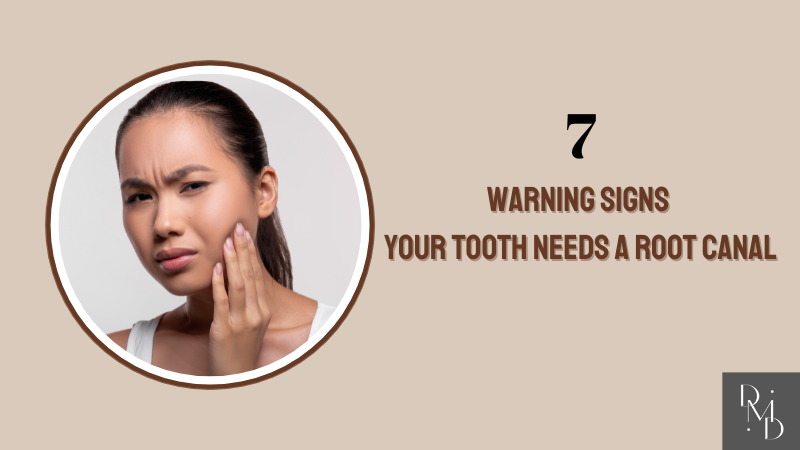
How To Prevent Sensitive Teeth And Cure Them Naturally
April 20, 2024
Oral Health
Sensitive teeth can disrupt your daily life, making simple tasks like enjoying your favorite foods or sipping a hot beverage a painful experience. This discomfort often stems from the exposure of dentin, the layer beneath the enamel, or receding gums that uncover the tooth roots. Let’s delve deeper into the factors contributing to this exposure:
Brushing Too Hard
Aggressive brushing may seem like a good way to ensure cleanliness, but it can have adverse effects on your dental health. Over time, vigorous brushing can wear down the protective enamel layer, leaving the sensitive dentin beneath vulnerable to stimulation.
Acidic Foods and Beverages
Frequent consumption of acidic substances, such as citrus fruits, sodas, and certain types of wine, can gradually erode enamel. This erosion weakens the protective barrier of your teeth, making them more susceptible to sensitivity and discomfort.
Teeth Grinding
Bruxism, or teeth grinding, is a common yet often overlooked cause of enamel wear and tooth sensitivity. The repetitive motion of grinding can gradually wear down enamel, exposing the underlying dentin and triggering sensitivity issues.
Gum Disease and Receding Gums
Periodontal issues, such as gum disease, can lead to gum recession, where the gum tissue pulls away from the teeth. As the gums recede, the roots of the teeth become exposed, leaving them vulnerable to sensitivity and other complications.
Prevention Techniques for Sensitive Teeth
Mastering Proper Oral Hygiene
Maintaining optimal oral hygiene is crucial for preventing sensitive teeth. Use a soft-bristled toothbrush and gentle brushing technique to clean your teeth twice daily. Incorporate flossing into your routine to remove plaque and debris from hard-to-reach areas, helping to prevent gum disease and enamel erosion.
Mindful Dietary Choices
Your diet plays a significant role in dental health. Limit your intake of acidic and sugary foods, as these can contribute to enamel erosion and sensitivity. Instead, opt for calcium-rich foods like dairy products and leafy greens to strengthen enamel and support overall oral health.
Protective Dental Products
Invest in dental products designed to protect against sensitivity, such as desensitizing toothpaste and fluoride mouthwash. These products work to alleviate discomfort and strengthen enamel, reducing the risk of sensitivity and other dental issues.
Natural Remedies for Sensitive Teeth
Saltwater Rinse
A saltwater rinse can provide temporary relief from sensitive teeth by reducing inflammation and soothing discomfort. Simply dissolve a teaspoon of salt in warm water and swish it around your mouth for a refreshing and calming effect.
Clove Oil
Clove oil contains eugenol, a natural analgesic that can numb the nerves in the affected area, providing temporary relief from sensitivity. Dilute clove oil with a carrier oil, such as coconut oil, and apply it to the sensitive tooth or gums for fast relief.
Green Tea Mouthwash
Green tea is rich in antioxidants and has anti-inflammatory properties that can help reduce sensitivity and inflammation in the gums. Brew a strong cup of green tea, allow it to cool, and use it as a mouthwash to promote oral health and alleviate discomfort.
Aloe Vera Gel
Aloe vera gel is renowned for its soothing properties and can be applied directly to sensitive areas for immediate relief. Its anti-inflammatory and antibacterial properties make it an excellent natural remedy for sensitive teeth and gums.
Embrace a Sensitivity-Free Smile
By incorporating these preventive measures and natural remedies into your daily routine, you can take control of your dental health and enjoy a sensitivity-free smile. Remember, proactive care and mindful lifestyle choices are the keys to maintaining strong, healthy teeth and gums.





